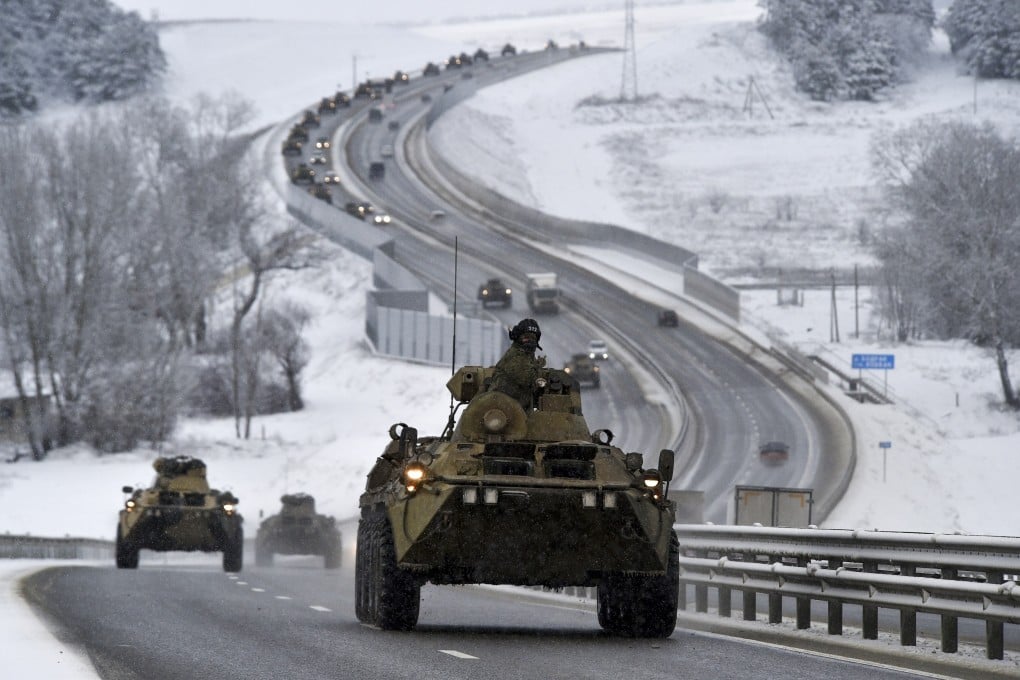Advertisement
US will not lose sight of its Indo-Pacific strategy despite Xi-Putin stand over Ukraine: Biden diplomat
- Daniel Kritenbrink says engagement in Indo-Pacific is ‘central to the peace, prosperity and security of not only the United States but the entire world’
- US has ‘no intention’ of engaging with China over its forthcoming economic framework, assistant secretary of state says
Reading Time:2 minutes
Why you can trust SCMP
77

The recent joint stand by Russian President Vladimir Putin and Chinese leader Xi Jinping over Ukraine posed a great challenge that the US could not dismiss, but Washington would keep its focus on the Indo-Pacific region, a senior US diplomat said.
The US commitment to the region would not be affected despite the more immediate crisis at the Russia-Ukraine border that many fear could trigger Europe’s biggest ground war in decades, Daniel Kritenbrink, US assistant secretary of state for East Asian and Pacific affairs, told reporters on Thursday.
“The stakes are high when we look at the crisis in Ukraine,” Kritenbrink said when asked about the impact of the situation in eastern Europe on the Indo-Pacific strategy.
Advertisement
“We look at the recent statement by President Putin and President Xi. We can’t dismiss the challenge that the vision they put forward opposes our approach to the region and to the world.”
When Xi and Putin declared the “no limits” strategic partnership between their two countries this month, they also voiced opposition against further expansion of Nato, a key concern for Moscow in the stand-off with the US and its allies over Ukraine.
Advertisement
Although Ukraine and the European Union were not mentioned, the long joint statement was widely seen as Xi’s strongest endorsement so far of Putin’s confrontation with the West, even though Beijing has repeatedly called for direct talks and consultation to resolve the crisis.
Advertisement
Select Voice
Choose your listening speed
Get through articles 2x faster
1.25x
250 WPM
Slow
Average
Fast
1.25x
